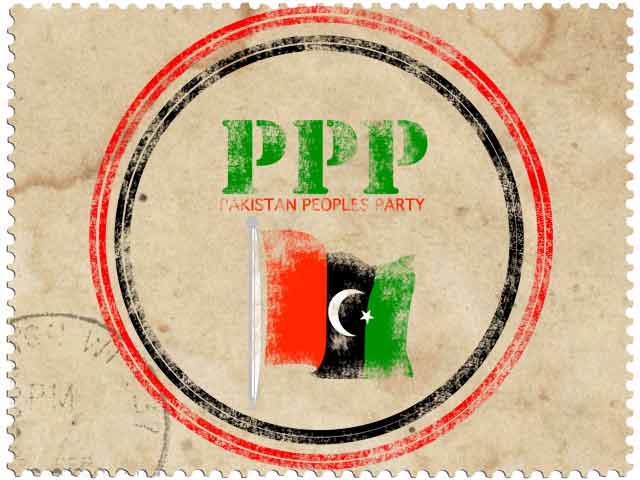PM’s court appearance: PPP hierarchy weighs options
Sources say Zardari is considering letting premier appear in court, while majority of party is against it.

Top leaders of the Pakistan Peoples Party (PPP) considered fresh proposals on Friday to seek a way out of a possibly make-or-break confrontation with the judiciary over reviving graft cases against President Asif Ali Zardari – but with high stakes at hand, the leadership continued to waver over which route to take.
A meeting, chaired by the president and Prime Minister Raja Pervaiz Ashraf was held on Friday night, with party leaders attempting to find a ‘middle ground’. The huddle took place just days ahead of the next hearing in the Supreme Court on the National Reconciliation Ordinance (NRO) implementation case.
At the top of the agenda was the question of whether the premier should appear before the apex court on August 27 to provide an explanation for why he is yet to write a letter to Swiss authorities in order to reopen the cases against President Zardari.
The Supreme Court has already ordered Ashraf to dispatch a letter to the concerned Swiss agencies.
An official handout was silent on the issue and none of the participants was available to share details of the meeting that took place behind closed doors in the President House – but a top PPP leader said most party officials were of the opinion that the premier should remain a no-show during the hearing.
“Most people in the party think the premier should not go to the court on Monday…but the final decision will be taken by the president after consulting the law minister and other members of the legal team,” said Fawad Chaudhry, adviser to the prime minister on political affairs.
Earlier in the day, Attorney General Irfan Qadir had also sent out a similar message to the media: “I want to invite all to read article 248 (1) of the Constitution where it says clearly that the prime minister cannot be summoned by any court.”
According to some PPP leaders, however, President Zardari was of a different opinion altogether.
Party officials explained that the president felt that open defiance of court orders could trigger a crisis much bigger than the one the PPP government is currently facing as a result of the judiciary-executive tensions.
“He may send the premier to court against the advice of his party colleagues,” a PPP leader said.
‘Secret trip to Switzerland’
Meanwhile, there were speculations earlier in the day that Law Minister Farooq H Naek travelled to Switzerland during the Eid holidays to negotiate a covert deal with authorities about the cases President Zardari once faced there.
Some unconfirmed reports suggested that PPP leaders were considering writing a letter to the Swiss authorities – but one that worked in their favour. The proposed letter would focus on the immunity provided by national and international law to the president.
“It will satisfy the court here and won’t harm the president either,” said one such report on a private television channel.
According to the official statement, Presidential Spokesperson Senator Farhatullah Babar said the meeting discussed the ‘current political situation’ in the country.
The law and order situation, floods and the energy crisis were also discussed.
The spokesperson said that Prime Minister Raja Pervaiz Ashraf and Minister for Water and Power Chaudhry Ahmed Mukhtar briefed the meeting on the power crisis and the progress on various measures being taken to overcome the national energy shortage.
Senator Babar also said that the meeting also reviewed reports about the Hindu community’s grievances and discrimination against minorities.
Published in The Express Tribune, August 25th, 2012.



















COMMENTS
Comments are moderated and generally will be posted if they are on-topic and not abusive.
For more information, please see our Comments FAQ